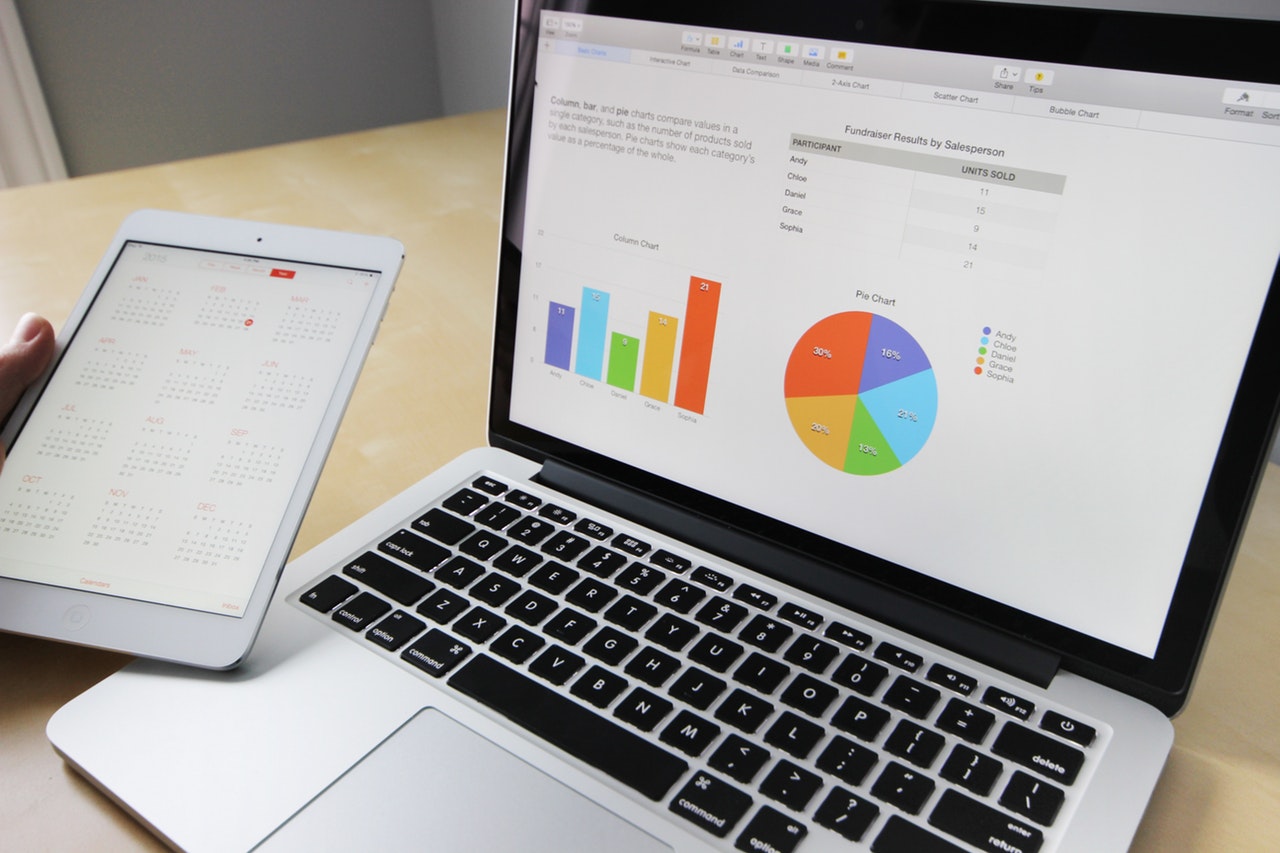You may have heard the words economics and finance used very often in news debates, online forums or blog posts of large corporations. Even though there is no dearth of information on both the subjects online and offline, yet it is not uncommon to spot someone who uses the words interchangeably.
If you are also unclear on what economics and finance involve and the major differences between both the subjects, this is the blog for you. It breaks down both the concepts in simple terms to draw a contrast between the two.
What does finance involve?

Finance is the most over-used word in the business world. Finance broadly involves dealing with concepts like money, interest rates, risks, and returns and investments. It helps you understand how a business set-up works, how the markets function and the importance of money-management techniques.
Finance has been divided into smaller sub-domains to make it easier to study the subject. Here are some components that you may have heard of.
Retail banking: Retail banking focuses on being the one-stop destination for its consumers for a multitude of financial services.
Investment banking: Investment banking deals with the creation of capital for other companies, governments or other regulated entities.
Risk management: Risk management includes different activities such as investment diversification and investment migration to manage business corporations from going bankrupt.
Private equities: Private equities refer to the shares of corporations that are not listed on any stock exchange. The private equity industry mostly consists of institutional investors and equity firms.
Most finance degrees allow for a detailed study of the different products that maintain the circulation of money. They also educate you on the different investment avenues designed to optimise your earnings. You can opt for a degree in finance and accounting or financial management to kick-start your financial career.
What is economics all about?

Economics is the study of the finances of an entire region or a country. The subject helps you understand the earning and expenditure cycle, the impact of political and financial decisions on the market and the financial condition of the people in the region. It also helps you comprehend the effect of policy changes on the economy as a whole.
A degree in economics helps you study the circulation of money from the government to the markets via business corporations. It also deals with subjects like monetary policies, demand, and supply chains, inflation, and GDP. You can explore BA in economics as an option to start your career in the domain.
What are the differences between the two degrees?
In spite of the general misconception that economics and finance pertaining to the same thing, there are many differences between the two. There is also a difference between accounting and finance. Here are the differences listed in a simple tabular form.
| S. No | Finance | Economics |
| 1 | Finance deals with actual monetary effects relating to investments, budgeting, and policies to maximise profits. | Economics deals with creating, modifying and eliminating financial policies that impact corporations as a whole. |
| 2 | Decision-making power may exist at different levels to take action regarding different financial products and services | Decision-making power lies only with government bodies and legal institutions. |
| 3 | Finance acts on the specifications of products. It offers tools that can provide the best value to money based on different factors. | Economics provides theories and strategies that help in creating a financial framework for a company or an industry. |
| Finance can exist at the root levels of an economy, even personal households. | Economics can exist only from certain governmental levels. |
Economics provides a larger view of the financial structure and economic growth of a country while finance deals with the nitty-gritty of how money moves with the structure. A financial analyst needs to have in-depth knowledge of both the domains to make profitable decisions for a company.
Hence, you can safely say that both finance and economics contribute to the financial growth of a nation even though they deal with very different concepts.



